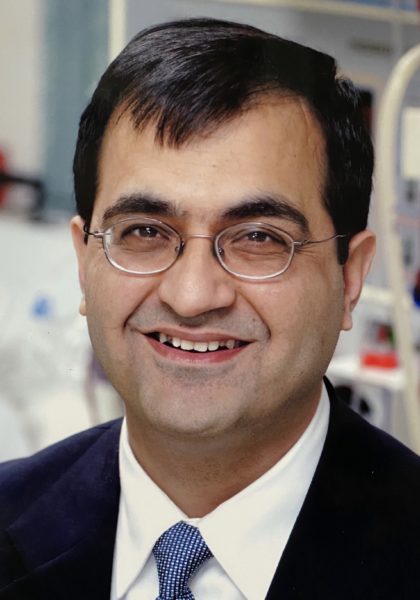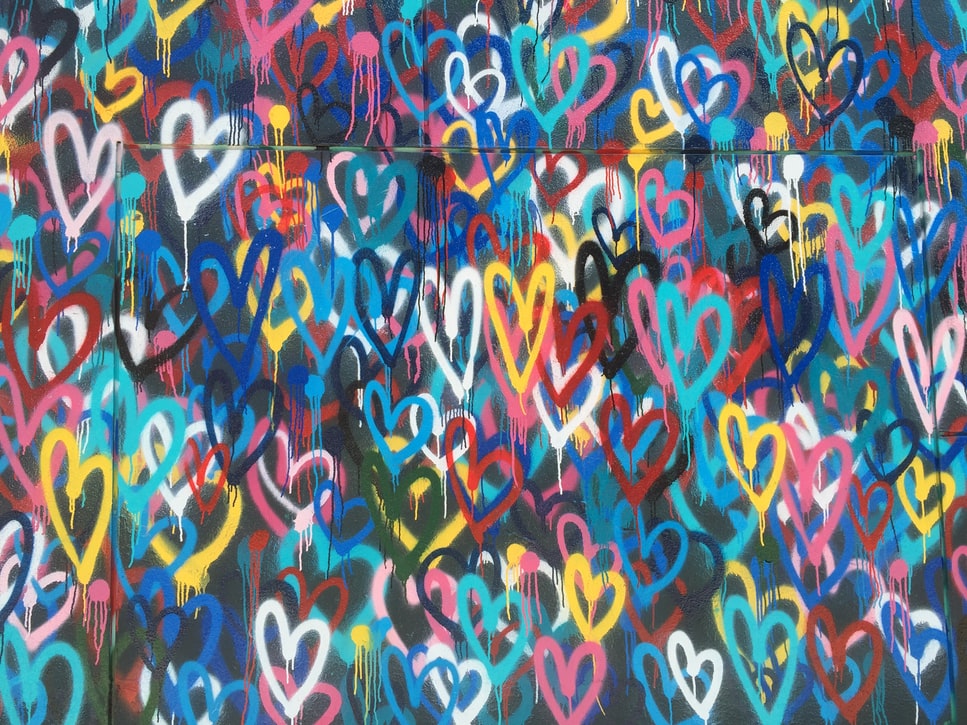This piece is in honor of Dr. Raj Dhingra (May 16, 1970 to May 2, 2020). Raj Uncle was one of my greatest supporters, particularly of my writing. He always read my articles for The Stanford Daily and encouraged me to bring my ideas from our many philosophical conversations to a larger outlet. I learned from his powerful example to approach life with optimism, compassion and a commitment to serving others. During this time of incredible loss and uncertainty in the world, this piece serves as a call-to-action to carry on the memory of those who are no longer with us. Life is fleeting, but impact is forever. Love you always Raj Uncle!

Being back in my hometown of Dayton, Ohio, during the COVID-19 crisis has brought a certain level of nostalgia that I never would have expected for my sophomore year. My parents went from being empty nesters to having all three of their daughters home for the foreseeable future. I went from being thousands of miles away from home to doing all my college classes at the same desk that I used from elementary school to high school graduation. I have my favorite home-cooked meals every day, and when I am not in class, I spend time watching movies and walking with my family. For better or for worse, when we think of our childhood, we also think of our earliest moments of impact. Over the past few weeks, I have had the unique opportunity to reflect on this aspect of home as well.
From my earliest memories, I have been surrounded by strong role models. One of my uncles in particular always found time to have one-on-one conversations, no matter the occasion. When I was younger, we played games together and looked out the window as I rambled on about my new coloring book, but as I matured, so did our discussions. He always wanted to know what I was learning about in school and what out of my activities made me happiest. Through freshman year scheduling, AP classes and college applications, he was a constant calming presence and assured me that I could do anything I set my mind to. When I would come home from college for Thanksgiving, stressed about looming exams, he would joke with me that even if I dropped out, he would be there, and I knew that he always would be.
I recently heard a story about an elementary school lesson focused on the power of impact. The teacher cut out a paper heart. Then, each student was instructed to think about a difficult experience that they had. As each student recounted their memory, the teacher crumpled the heart a little more until it was a ball. The teacher pointed out that even when you try to smooth out the heart once more, it will never be the same again.
At first, I saw the moral of the story as striving to preserve smooth hearts in life, to live life void of vulnerability and protect ourselves from difficult situations. However, in the past few weeks, I have started to rethink this meaning. There is a great deal of our circumstances that are out of our control. Tribulations such as loss are inevitable, yet those moments mold who we become just as much, if not more than, moments of kindness and love do. If we try to preserve smooth hearts, we will not only fail to defend ourselves against the uncontrollable obstacles in life, but we also lose opportunities to appreciate the many ways that people mark our lives for the best.
It has been 71 days since Stanford undergraduate students received the first University email announcing the switch to remote learning for the remainder of winter quarter. Since then, our world has shifted and morphed into a new reality that nobody could have anticipated. We live in the confines of self-isolation, minimizing contact with others, wearing masks every time we step outside our door and watching the news with painful disbelief as statistics rise and spirits fall. Our days consist of endless Zoom conferences and “just one more episode” of the subpar Netflix show we started the night before. But beyond our quarantine quandaries, there are more people facing first-handedly the harsh realities of this pandemic: essential workers, volunteers for relief organizations, and the too many of us that have lost loved ones unexpectedly.
When we lose a loved one, our whole perspective transforms. Suddenly, time slows down, and instead of looking forward to all the events to come, we focus on the moments that have brought us to now. We think of the many loving hugs, corny jokes and dinner talks about life that have made us who we are today, and our hearts crumble at the future memories that will remain just out of reach. Even though we have heard about this type of loss before, it looks and feels so different up close. It feels like a part of us has left too, and indeed, our hearts will never be the same.
But it is in those times that the positive impact of a person truly comes forward. In the past two weeks, I have seen that my uncle filled so many roles in his life that even the people closest to him didn’t always see. It was evident in the hundreds of patients that reached out to send their condolences and even shared that they owe their lives to him. It was evident in the many flowers and meals that came to the house, some without a name. It was evident in the community gatherings that were organized in the matter of hours to pray for him and his family. I knew my uncle to be one of my biggest role models, but his influence stretched across generations, races, socioeconomic status and even time zones. So many lives will not be the same without my uncle because so many people were better knowing him. With every story about him that is shared, his impact keeps him alive. That is why I write this article today.
Perhaps the goal then is not to protect our hearts from harm but open our hearts to the power of impact. We unfortunately cannot ward off the trying circumstances of loss, but these times are when we need to pull from the strength of our memories the most. In quarantine, we are doing our best to physically remain distant from one another, but I think that one of the worst mistakes we can make is to mirror that behavior emotionally and socially. Whether it is showing your love and admiration for the people closest to you, serving the community in the ways that it needs most or something in between, it will be the impact that we can make that will counteract the uncontrollable harm and anguish that loss can cause. It will be from the marks we make on others that the memories of those we love live on.
Contact Trisha Kulkarni at trishak8 ‘at’ stanford.edu.
